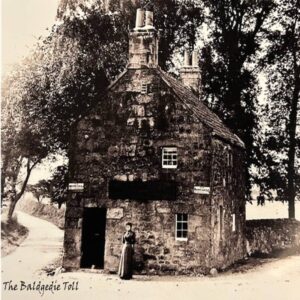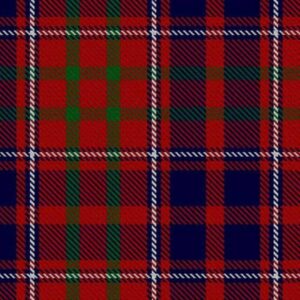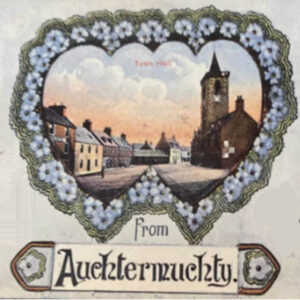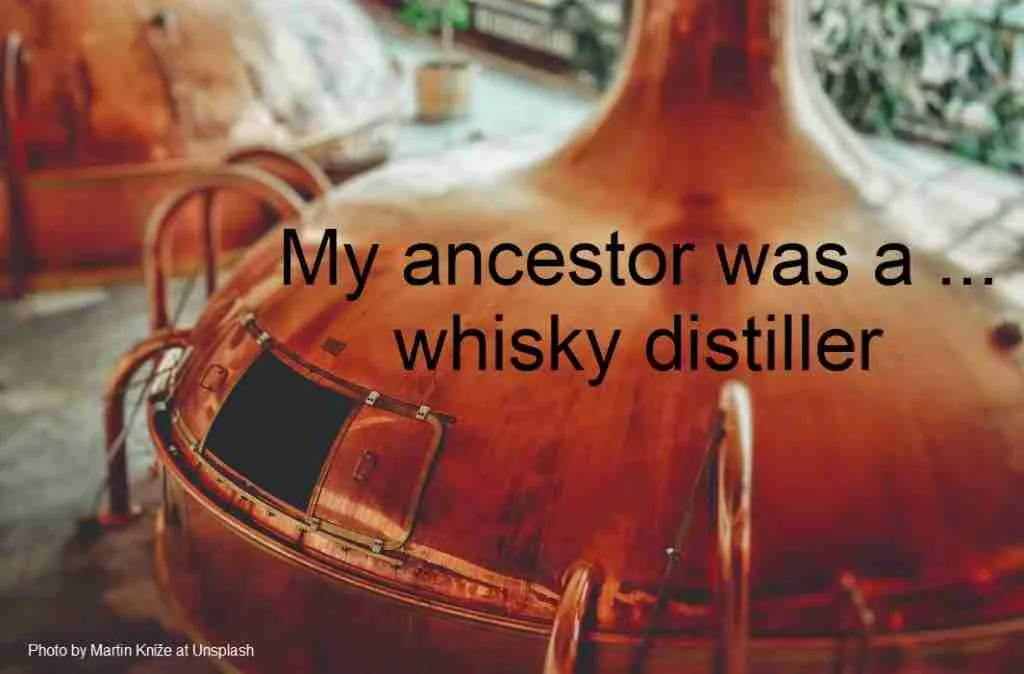Was your Ancestor a Whisky Distiller?
As part of my series on old occupations, this month’s blog is on ‘My ancestor was a Whisky Distiller‘. Perhaps your ancestor was a whisky distiller or worked in the whisky distillery industry?
This famous drink is a major part of Scotland’s culture and heritage, just like tartan and bagpipes. In Scotland, it is spelt whisky and not whiskey as it is in other countries.
Scotland has been producing whisky for hundreds of years. It is known that by 1889 there were 129 Scottish distilleries who were producing 20 million gallons a year. Alfred Barnard took 2 years to travel around the country to visit all the distilleries in the 1880s. Sounds like he had fun! His travels and many tastings resulted in writing The Whisky Distilleries of the United Kingdom. If your ancestor was a whisky distiller, then maybe the distillery he worked in is mentioned in the book.
The number of distilleries may have fallen dramatically since the 19th century, however there is a greater concentration of distilleries here than in any other country.
The origins of whisky
It is not known when whisky was first produced in Scotland. Evidence suggest that the ancient Celts knew how to produce a liquid called uisge beatha, the Gaelic for ‘water of life’. It apparently had medicinal and energy-giving qualities. The first official record of distilling in Scotland can in found in the Exchequer Rolls for 1494 and 1495. There was an entry for ‘8 bolls of malt to Friar John Cor to make aqua vitae’. A ‘boll’ was a type of Scottish measure. At the time, it was probably mostly monks who were producing whisky. However, farmers may have been distilling the ‘aqua vitae’ to put surplus cereal crops to good use.
The history of whisky distillers
With the dissolution of the monasteries in the 16th century, monks took their skills into the community. At first, distilling was a cottage industry. However, over time large distilleries began to appear. Duncan Forbes’ distillery on the Ferintosh estate in the eastern Highlands was one of the first to acquire a licence to produce ‘aqua vitae’.
The Scottish Parliament imposed the first excise duty on whisky in 1644. This tax steadily increased over the next couple of centuries resulting in illicit distilleries. People resented the tax increased and stopped producing whisky legally. The new Whisky Act of 1823 helped to settle the tax rate. The act sanctioned the setting up of licenced distilleries with a small annual fee and an excise duty set at 2/3d per gallon. This helped to establish the foundations of the modern whisky industry. Withing a decade the illicit distilleries nearly disappeared, and licensed distilleries flourished. Many of the most famous distilleries were established during the 19th century including Glenfiddich in 1886.
Where to look for your distillery ancestors
Although the industry was widespread, there are 2 important Scottish regions, Speyside and Jura. If you know which distillery your ancestor worked for then your research will be much easier. Here are the top 3 online catalogues to search for your whisky distiller:
- The online catalogue at scan.org.uk will indicate where the records of distilleries can be found in archival centres around Scotland. For example, the records of Glentarras Distillery, Langholm, can be found at Dumfries Archive Centre.
- The University of Glasgow Archives and Special Collections has a fantastic collection of records related to whisky distillers. Records include company books such as wage books, ledgers, photographs and many more. It is best to search their online facility from here.
- The National Records of Scotland also hold official records relating to whisky distilling.
Or contact me if you want me to help you research an ancestor who was a whisky distiller.
The Whisky Distillery Experience
To understand how your distillery ancestor worked, the best introduction is to visit a whisky distillery visitor centre. If you have time, you can follow the Speyside Whisky Trail. It takes in some of the most famous names such as Macallan and Glenfiddich. You also get a real feel of continuity, for example the Glenfarclas Distillery has been in the same family for 6 generations while the Speyside cooperage has been going for 3 generations. If you don’t have time, then Edinburgh is home to the Scotch Whisky Experience on the Royal Mile beside Edinburgh Castle. You can take a ride in a whisky barrel to see how whisky is made and found out about the history of whisky.
Look out for future blogs on old Scottish occupations. If you have any questions about this blog, or if you would like to share your own ideas about how family history is important, then leave a comment below to start a discussion…
You may also like...

The Life of a Tollkeeper
A tollkeeper was a person who collected road fees from travellers. This old occupation was prominent during the 18th and 19th centuries.

Cameron Surname: Origin, Meaning & History
The Cameron surname has Gaelic origins and it is associated with Clan Cameron, one of the most influential Highland clans.

Ancestral Visit to Auchtermuchty, Fife
Auchtermuchty in Fife is known as Muchty to locals. What does Stratheden Whisky, Jimmy Shand and the Proclaimers have in common?
